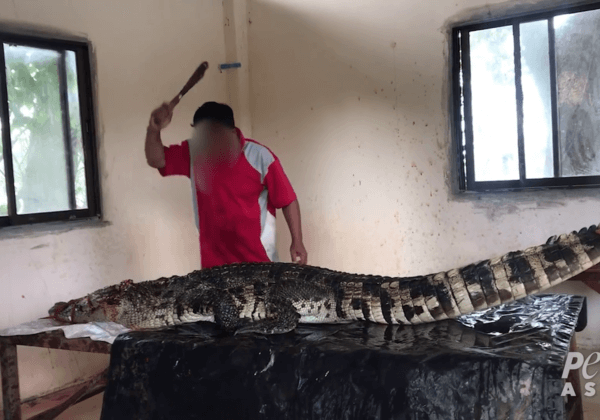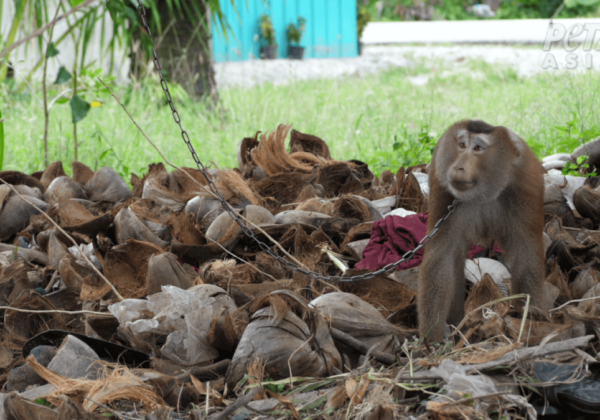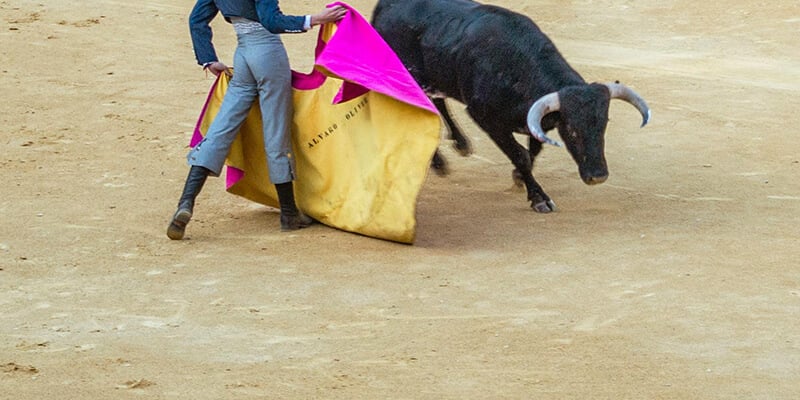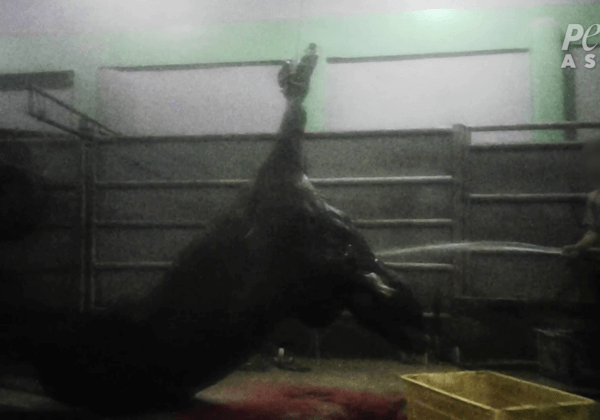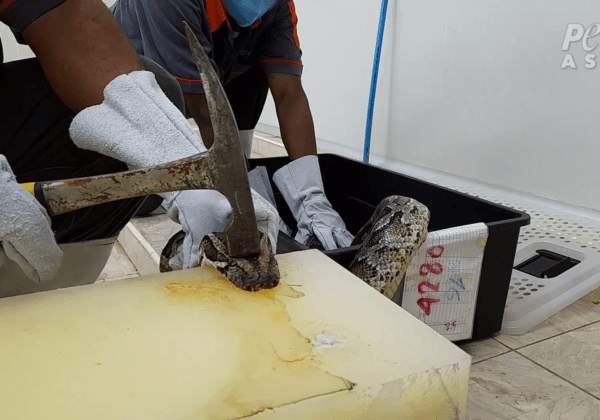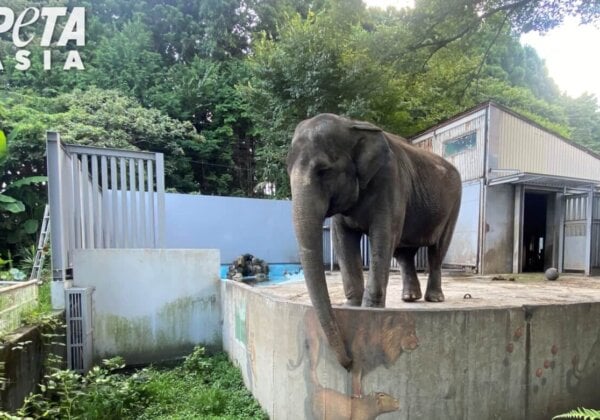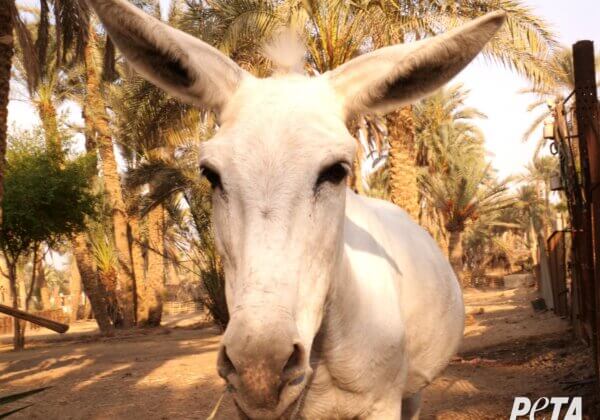Swimming With Whale Sharks—the Gentle Giants
There is often debate over eco-tourist schemes and whether they are a help or hindrance to the animals who are the focus of them. With this in mind, I visited Donsol in the Philippines, not only very excited to meet the world’s largest fish in person but also interested see for myself what effect swimming with whale sharks has had on the animals themselves.
First things first: Donsol is not a luxury international resort. Anyone coming here from overseas looking for a five-star hotel will be sorely disappointed, but what you will find are resorts, bars, and the Whale Shark Interaction Center itself, all run by locals. And I hope it stays that way.
Whale shark (or butanding, as they’re known locally) watching has undoubtedly been good for Donsol. It has brought tourists to the area, providing a much-needed boost to the local economy.
But what about the animals? People are working hard to keep the whale shark interaction at an appropriate level. Visitors must watch a video on the rules of interaction and at all times be accompanied by their guides in the water. Boats are limited to a maximum of eight passengers, and the rule is supposed to be one boat per butanding, with only 10 minutes per interaction allowed.
Sadly, in the excitement of spotting a whale shark, rules do go out the window. While some of the guides do a great and honorable job of sticking to the guidelines, others do flout them.
The interaction itself is truly amazing. There are no guarantees that you will spot a whale shark, and I would stay away if you aren’t a strong swimmer, as when one is spotted, everyone flings themselves into the choppy water and takes off at top speed just to catch a glimpse of them. It is a breathtaking experience to see such a graceful, beautiful giant just a few meters away.
Despite the splashing and noise created by the tourists, I honestly didn’t feel that the whale sharks cared about our presence one way or the other. They still readily surfaced to feed, and if they got tired of people plunging into the sea after them, they simply dived down to the depths and disappeared from view. As long as Donsol sticks to strict guidelines (no feeding, no touching, etc.) the butanding seem to remain relatively unaffected.
The deciding factor for me was speaking to the guides themselves—many of whom are very knowledgeable and protective of the whale sharks. As one explained, not long ago his job was to spot these animals for hunters to spear and kill. But now, he gets paid the same amount to spot the same sharks over and over again and protect them from further population decimation.
As an animal activist, of course, I believe it is important to do what is best for the animals themselves. Whilst eco-tourism can be invasive, it is far preferable to the slaughter that often preceded it. And there can be no doubt that, in the case of Donsol at least, the local people have learned a great deal about the issues facing these magnificent animals and have come to realize that they, like all other animals, deserve our consideration.
Posted by Claire Fryer


